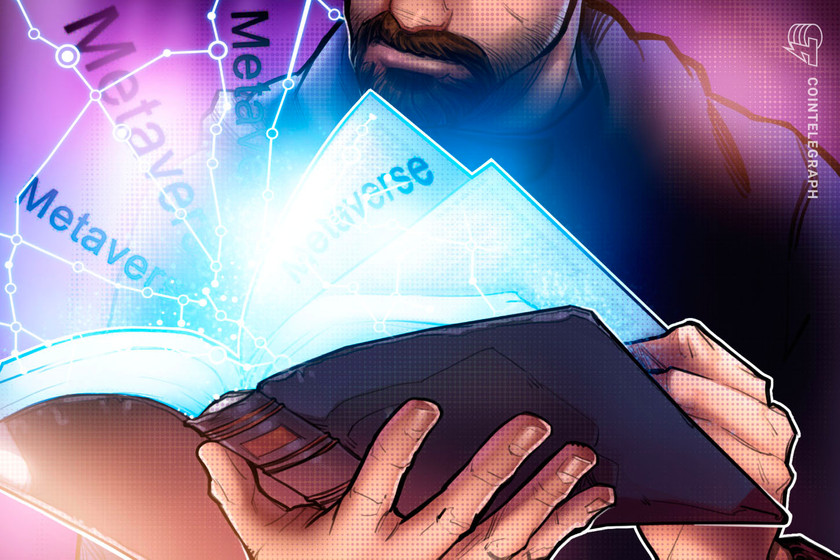

The term describing an internet-enabled virtual world lost to “goblin mode” in 2022 — “a type of behavior which is unapologetically self-indulgent, lazy, slovenly, or greedy.”
“Metaverse” has come in second to “goblin mode” as the Oxford University Press’ 2022 word of the year after the process was opened up to voters for the first time ever.
In a Dec. 4 announcement, Oxford Languages said the viral term “goblin mode” beat out “metaverse” and #IStandWith to become its 2022 word of the year. According to Oxford’s research, usage of the term metaverse “increased almost fourfold from the previous year in the Oxford Corpus,” driven in part by Facebook’s rebranding to Meta in October 2021.
Metaverse lost to goblin mode, which went viral in February, as it seemingly “captured the prevailing mood of individuals who rejected the idea of returning to ‘normal life’” following COVID-19 lockdowns being lifted in many areas. #IStandWith took third place in the contest, driven by social media hashtags including #IStandWithUkraine following Russia’s invasion of the country in February.
“As we grapple with relatively new concepts like hybrid working in the virtual reality space, metaverse is particularly pertinent to debates about the ethics and feasibility of an entirely online future,” said Oxford Languages. “A worthy opponent to ‘goblin mode’, ‘metaverse’ gained voting traction with crypto communities and publications. We see the term continue to grow in use as more voices join the debate about the sustainability and viability of its future.”
The ‘goblin community’ has spoken!
We’re pleased to announce goblin mode as the #OxfordWOTY 2022.
Read more about this year’s winning choice here #TeamGoblinMode: https://t.co/NmC2UYau3U pic.twitter.com/yqQ9eIlIeQ
— Oxford University Press (@OxUniPress) December 5, 2022
In the video pitch for ‘metaverse’ released in November, Oxford said the term dated back to “the science fiction novel Snow Crash by Neil Stephenson,” released in 1992.
More than 300,000 people cast votes between the three terms shortlisted by Oxford Languages.
Related: The metaverse is happening without Meta’s permission
“NFT,” or nonfungible token, won Collins Dictionary’s contest for the word of 2021, while “vax” took first place as Oxford’s chosen word that the same year. The latest results seemingly represent a change in social media fervor around the crypto-related terms, which was reportedly falling in the first quarter of 2022.




